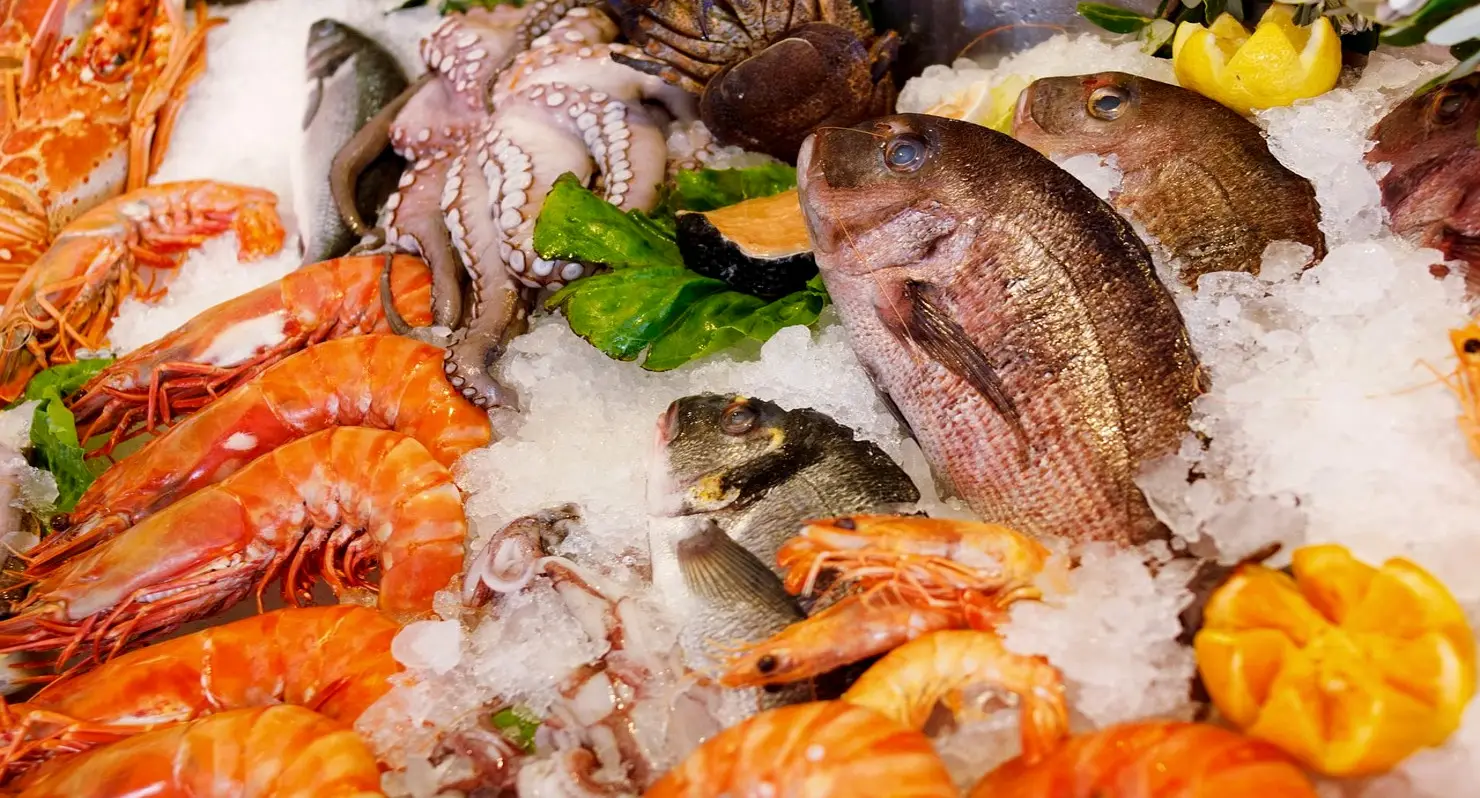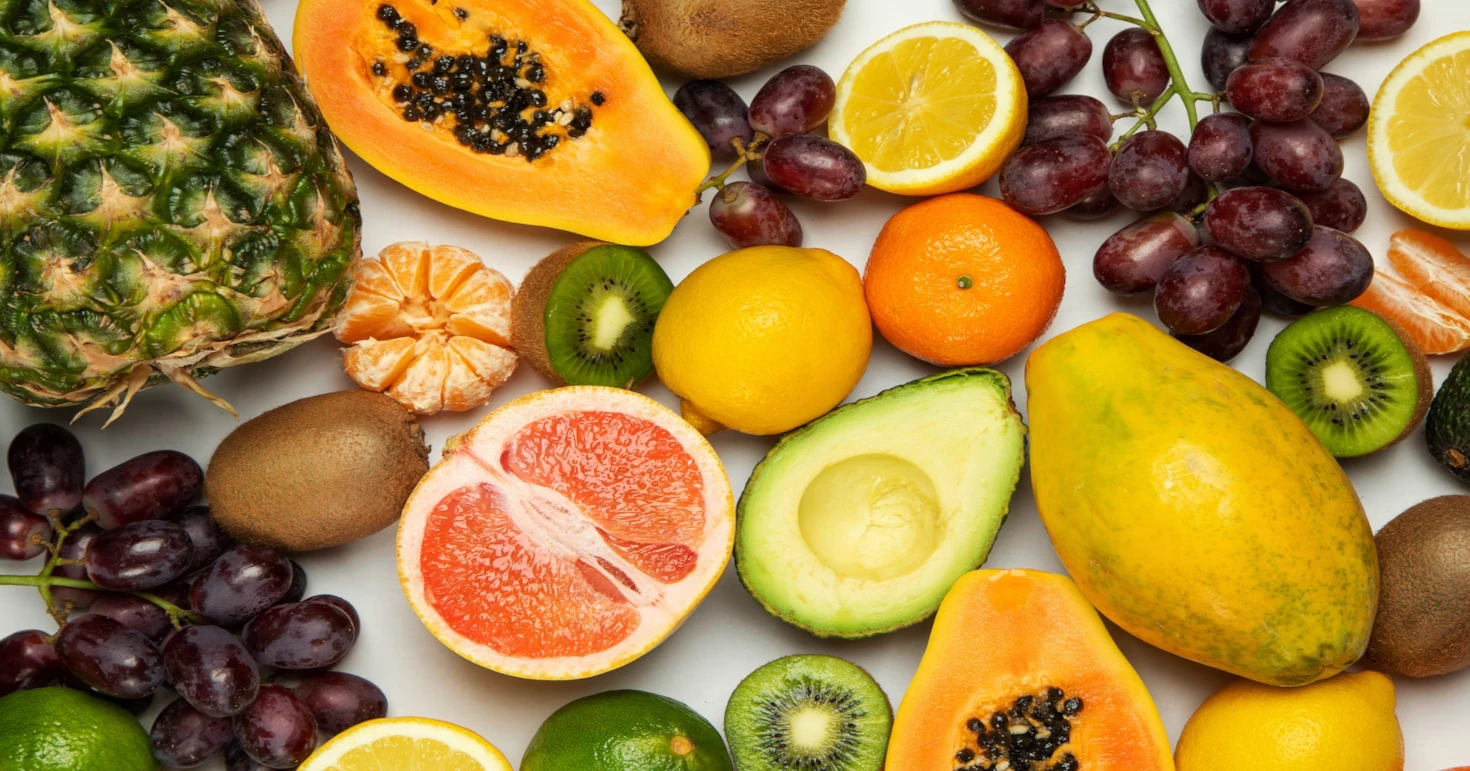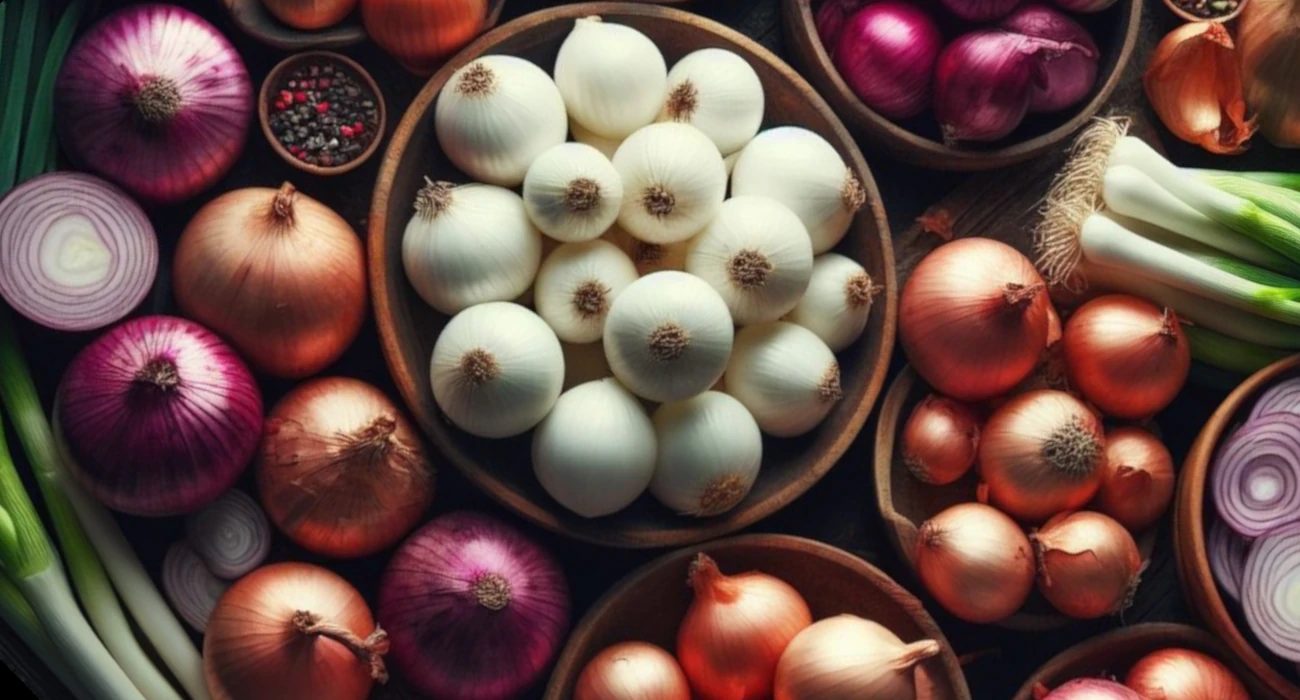Mussels Lysine and Arginine Info Sheet
Overview
Mussels are a type of shellfish that are often found in coastal and freshwater habitats.They are known for their distinctive blue-black shells and tender, sweet flesh.
Mussels are a nutrient-dense food that are rich in protein, vitamins, and minerals.
They are particularly high in vitamin B12, iron, and selenium.
| Name | Lysine (mg/100g) | Arginine (mg/100g) | Ratio |
|---|---|---|---|
| Mussels | 1779mg | 1737mg | 1.024 |
Mussels contains 1779mg of Lysine and 1737mg of Arginine per 100g of product.
This means Mussels has a neutral Lysine-Arginine ratio of 1.024.
Because Mussels has a neutral ratio of lysine and arginine, it does not have a significant impact on people who suffer from herpes, as it does not affect the viral activity.
Lysine Considerations
Mussels are a good source of lysine, an essential amino acid that plays a key role in protein synthesis, hormone production, and the absorption of calcium. Mussels provide about 1779 mg of lysine per 100g.
Lysine can help prevent or treat cold sores, which are blisters caused by the virus HSV-1, also known as herpes.
Lysine works by blocking the growth of HSV-1, which needs another amino acid called arginine to multiply and infect cells.
Lysine can only be obtained through diet, and can be found in a variety of high-protein foods like milk and cheese, fish, eggs, meat and poultry.
Arginine Considerations
Mussels are also a good source of arginine, an amino acid that is involved in several metabolic processes and is important for heart and immune system functions.
Mussels provide about 1737 mg of arginine per 100g.
Arginine can boost your wellbeing and performance, such as lowering your blood pressure, healing your wounds, and boosting your exercise endurance.
Arginine can be made by the body or obtained from foods like meat, dairy, nuts, and soy.
Unfortunately, the herpes virus is known to "feed" on arginine, and having a diet higher in arginine than lysine may increase the occurrence and severity of cold sores and herpes outbreaks.
Lysine-Arginine Ratio
Mussels have a balanced lysine-arginine ratio, which means they provide a good balance of these two essential amino acids.
Eating mussels won't affect the overall lysine-arginine ratio in your diet and is unlikely to have an effect on herpes outbreaks.
Both lysine and arginine are essential for protein synthesis and various other bodily functions.
They, however, have opposing effects on the herpes simplex virus, which causes cold sores and genital herpes.
Lysine can inhibit the replication of the virus, whereas arginine can stimulate it.
Thus, a diet rich in foods with a high lysine to arginine ratio may help reduce the occurrence and severity of herpes flare ups.
Foods that have a high lysine-arginine ratio include dairy products, fish, poultry, fruits, and vegetables.
These foods can provide the body with enough lysine to compete with arginine and inhibit the virus from replicating and causing flare ups.
Dietary Considerations
Like most animal products, seafood is a good source of lysine and low in arginine.
Eating seafood can help benefit the immune system and fight off herpes infections.
Seafood also contains iodine, selenium, and zinc, which are essential for thyroid function and skin health.
Oysters, shrimp, and snails are some of the seafood that have the highest lysine to arginine ratio.

For example:
A well-balanced and healthy diet that strengthens your immune system and lowers inflammation is important.
This means you should eat a lot of fruits, vegetables, whole grains, lean protein, and good fats, and avoid processed foods, added sugars, alcohol, and caffeine.
Make sure to drink plenty of water to keep yourself hydrated and eliminate toxins from your body.
Water can also help you avoid dryness and irritation of the skin and mucous membranes, which can lead to outbreaks.
You may want to take l-lysine supplements.
L-lysine is known to prevent herpes outbreaks and it can help stop a cold sore in its initial stages by "starving" the virus of arginine before it has a chance to cause a cold sore.
To prevent outbreaks, avoid foods that can cause allergic reactions or sensitivities, such as gluten, dairy, nuts, eggs, or shellfish.
These foods can harm your immune system and make inflammation worse.
Foods that can boost your immunity and fight inflammation are essential to prevent outbreaks.
Honey, yogurt, aloe vera, and chamomile are some examples of these foods.
They can also soothe your symptoms and help you recover quicker by reducing pain, swelling, and itching.
Check more food information






